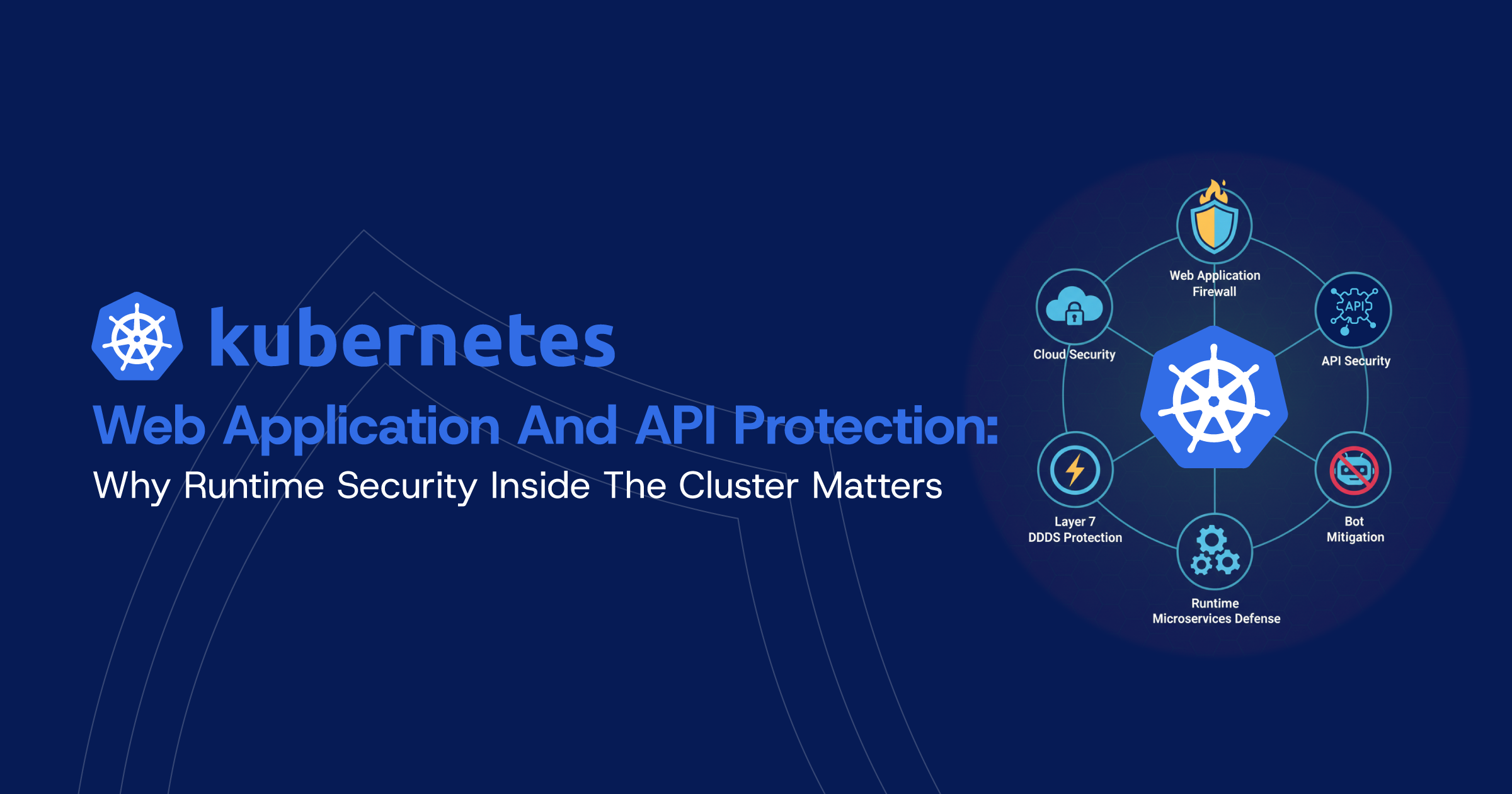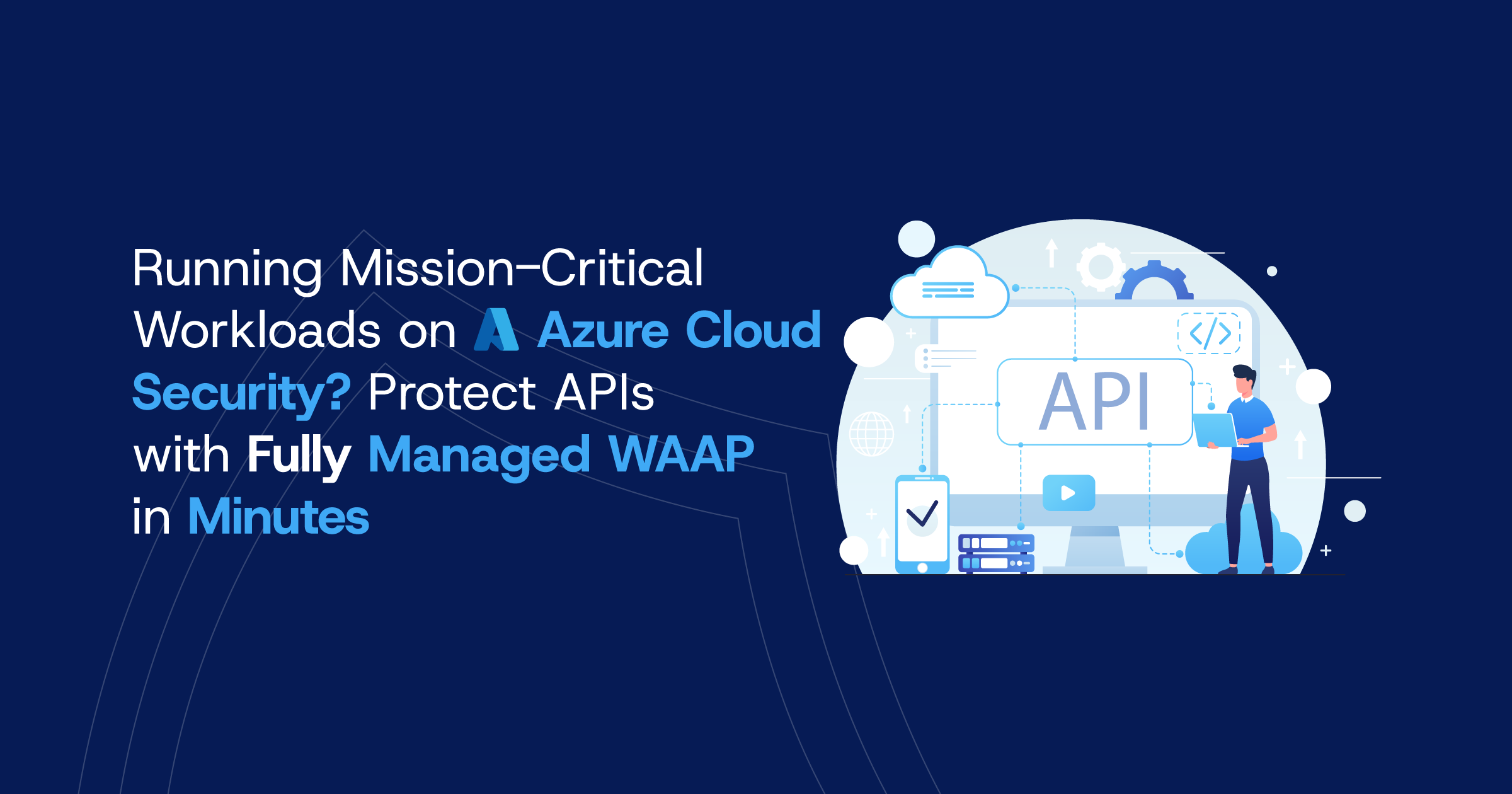Introduction to API Request
In today’s web and cloud service landscape, Application Programming Interfaces (APIs) are crucial for facilitating smooth integration between applications. So, what is an API? It refers to a collection of rules and protocols that allow diverse software applications to communicate. Whenever you engage with a digital service—whether booking a flight, posting on social media, or accessing cloud storage—API requests are quietly facilitating those interactions.
This guide will delve into API requests: what they are, how they function, their significance, and methods for securing them. Whether you’re a cybersecurity expert, DevOps engineer, developer, or IT manager, grasping API requests is vital for managing contemporary API traffic and ensuring strong API security.
What is an API Request?
An API request is essentially a message sent from a client to a server, requesting the server to execute a task or return data through an API. You can think of it as a digital handshake between two applications, with one seeking information or functionality while the other responds.
Example:
For instance, if a mobile weather app wants to know the current temperature in your location, it sends an API request to a weather data server. The server processes this request and returns the information in a structured format, such as JSON or XML.
Understanding what an API call is can help clarify this process—essentially, an API call is the act of initiating an API request to a specific endpoint.
Why Are API Requests Important?
API requests allow applications to communicate, collaborate, and share resources without the need to recreate features from the ground up.
Key Benefits:
- Efficiency: Developers can use existing services rather than starting from scratch.
- Scalability: Services can be scaled independently and integrated as required.
- Automation: Supports automated workflows across different platforms.
- Innovation: Promotes quicker product development and iteration.
Without API requests, the interconnectedness that modern applications depend on would be nonexistent.
How Do API Requests Work?
At a high level, an API request functions like this:
- Client Initiation: A client application creates a request.
- Endpoint Targeting: The request is directed to a particular API endpoint, usually a URL.
- Method Specification: The request indicates what type of operation is required, such as fetching, sending, updating, or deleting data.
- Authentication & Headers: API keys, tokens, or other credentials are dispatched to authenticate the request.
- Server Processing: The server receives the request, processes it, and prepares a response.
- Response Delivery: The server sends back the requested data or status code.
This process is at the heart of how APIs work, facilitating smooth and efficient communication between various software systems.
What Are the Types of API Requests?
Most APIs are based on the HTTP protocol, which establishes multiple types of requests, referred to as HTTP methods or verbs:
Each of the methods has its respective usage scenarios as well as effects on API security and data integrity. These align with the different types of APIs, which divide APIs into types based on function and structure.
Common Challenges with API Requests
While API requests are important, they have various challenges that must be resolved to guarantee secure and efficient operation.
Major Challenges:
- Rate Limiting and Throttling: APIs need to manage the Volume of requests so as not to be abused. Knowing how rate limiting helps is quintessential in reducing denial-of-service attacks.
- Authentication and Authorization: Securing requests from authenticated and authorized sources. OAuth and JWT are important protocols in this regard.
- Data Validation: Malformed requests or unexpected input may take advantage of vulnerabilities like API injection or result in excessive data exposure.
- Latency and Performance: Excessive volumes of requests may worsen response times.
- Error Handling: Improper error messaging can reveal system internals or create attack vectors, leading to broken authentication.
- Vulnerability Exploits: Attackers often target APIs because of a lack of input validation or configuration errors. This raises the query: how do APIs get hacked?
How Are API Requests Secured?
API request security is vital for avoiding data breaches, misuse, and regulatory non-compliance. Below are common methods of securing API traffic:
Authentication and Authorization
- Utilize OAuth, API keys, or JWT tokens to confirm identity. API token authentication? Describes the mechanism behind validating access tokens.
- Implement role-based access control (RBAC).
Encryption
- Make sure all requests are made over HTTPS/TLS to encrypt data in transit. This is commonly known as API encryption.
Input Validation and Schema Enforcement
- Block distorted requests that don’t conform to desired formats or types.
Rate Limiting
- Set thresholds to stop denial-of-service (DoS) and brute-force attacks.
Threat Detection
- Use behavioral analysis and anomaly detection to recognize unusual patterns. This ties directly to API behaviour analytics, which improves cyber threat detection ability.
Security Testing and Monitoring
Constantly test for OWASP Top 10 API risks, such as:
- Broken Object Level Authorization (BOLA)
- Excessive Data Exposure
- Lack of Rate Limiting
- Tools like API fuzz testing can help determine vulnerabilities before attackers exploit them.
Apart from that, the application of concepts such as zero-trust API security assists in making environments where no API request is considered to be trusted by default, as it reinforces defenses even more.
Real-World Use Cases for API Requests
API requests form the basis of many areas:
E-commerce
- APIs fetch product details, manage carts, and process payments.
Financial Services
- APIs facilitate mobile banking, real-time stock trading, and fraud detection.
Healthcare
- APIs enable interoperability between electronic health records (EHRs).
IoT and Smart Devices
- Devices like thermostats and smart lights use APIs to communicate with central servers.
Social Media
- APIs post content, retrieve user feeds, and manage profiles.
These use cases underscore the need for high-performance and secure API ecosystems that also guard against what is an API data breach, or risks introduced by what is a shadow API?
These applications highlight the necessity of high-performing and secure API infrastructures that also protect against API data breaches or threats posed by shadow API.
How Prophaze API Helps with API Requests
Prophaze provides an end-to-end, AI-based API security platform that is capable of inspecting, filtering, and securing API requests in real time. With the use of sophisticated technologies, Prophaze ensures APIs are secured against sophisticated cyberattacks, following best practices for API security.
Key Strengths of Prophaze API Security:
Behavioral Analysis
Prophaze uses behavior-based monitoring systems that constantly evaluate API traffic, detecting anomalies and unauthorized access attempts. This preventive measure limits the chance of data leaks and maintains compliance with industry standards.
Token Validation
Prophaze prohibits unauthorized access by applying rigorous token validation processes. By validating each API request with valid session tokens, it successfully prevents unauthorized or old access, improving overall API security.
OWASP Top 10 API Risk Protection
Prophaze enforces defensive controls against OWASP Top 10 API Security Threats, such as Broken Object Level Authorization, Broken Authentication, and Excessive Data Exposure. In resolving these threats, Prophaze secures APIs from popular attack points.
Monitoring of Real-Time API Traffic
Through real-time dashboards and sophisticated analytics, Prophaze offers sustained visibility into API traffic. This allows security teams to identify anomalies in real-time and respond effectively to incidents, keeping APIs safe and running.
Custom Security Policies
Prophaze enables organizations to establish fine-grained security policies specific to their individual API endpoints. This provides the flexibility to ensure that sensitive operations and data are secured in a manner that suits the individual needs of every application.
Rate Limiting and DDoS Mitigation
To prevent abuse and maintain optimal performance, Prophaze applies intelligent rate limiting and DDoS mitigation. These protection schemes shield against API over-exposure and fend off malicious traffic spikes targeting backend services.
Through the incorporation of Prophaze’s API security products, organizations obtain end-to-end visibility and control of their API environment. This incorporation eliminates exposure to cyberattacks, provides assurance of compliance with data protection regulations, and preserves confidentiality, integrity, and availability of sensitive information.
Why Securing API Requests Is Non-Negotiable
- An API request is a structured message from a client to a server to take actions or retrieve data.
- API requests power modern application ecosystems by facilitating smooth integration and communication.
- The common types of API requests include GET, POST, PUT, PATCH, and DELETE.
- Authentication, input validation, and rate limiting are challenges that must be addressed.
- Securing API traffic is critical for maintaining data privacy, integrity, and availability.
- Real-world use cases for API requests span from e-commerce to healthcare and IoT.
- Prophaze WAF adds an extra layer of API security by identifying threats, authenticating tokens, and applying OWASP Top 10 protection in real-time.
Knowing and protecting API requests is no longer optional —it’s a strategic necessity for organizations that are moving into the digital age.


























